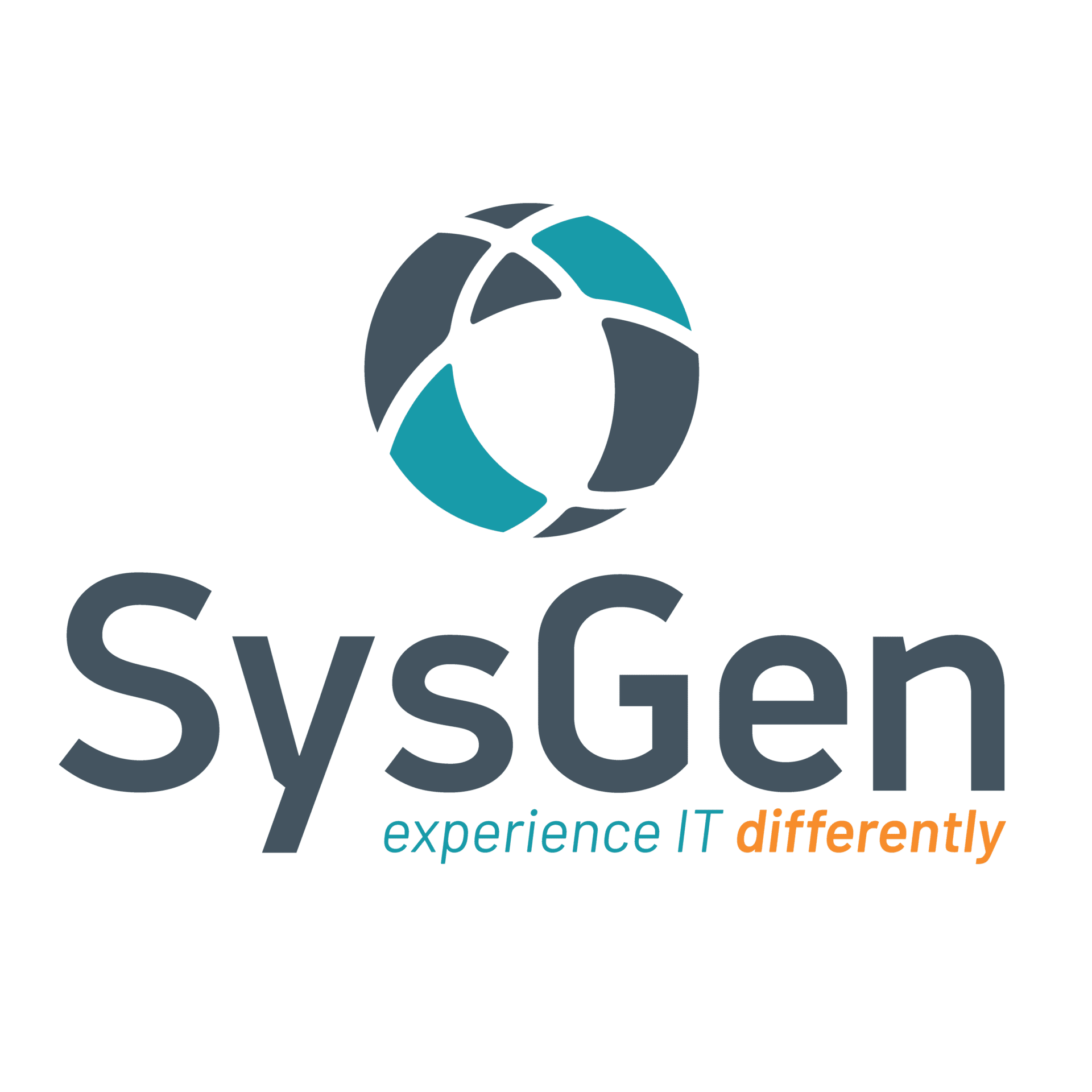Microsoft made a big splash with its launch of Windows 10 on July 29, 2015. For many PC users, switching to the new OS is a no-brainer, while for others, it’s a close call. If you haven’t decided whether your business is ready to make the switch, here’s a closer look at Windows 10 to help you determine if the new OS is truly better, stronger, and faster.
COST
Upgrade to Windows 10 for free! Users with Windows 7, Windows 8.1, and Windows Phone 8.1 can receive the new OS free of charge until July 29, 2016. Windows 10 is free for the lifetime of the device, meaning support and updates at no charge as long as Microsoft supports the operating system.
Windows Vista, XP, 7 Enterprise, 8/8.1 Enterprise and RT/RT 8.1 are excluded from this free offer. These OS’s require a payment of $139 per Home license or $249 per Pro license to upgrade to Windows 10. However, if you have Software Assurance with one of these OS’s, then your upgrade is free.
SUPPORT
Windows 7 and Windows 8 are approaching end of support faster than we’d like to think. By upgrading to Windows 10, you gain years of additional mainstream and extended support. Here’s a comparison of the operating system support lifecycles for Windows 10 vs. Windows 8 vs. Windows 7:
[table “6” not found /]
Windows 10 brings added years of mainstream and extended support. End of mainstream support means that Microsoft will no longer enhance the product, but there will still be support for security and reliability issues. End of extended support still provides security and reliability support; however, this marks the end of support for non-security hotfixes, requests for new features and designs, and warranty claims.
The question is what will you do when your OS support comes to an end within the next few years? If you’re an eligible candidate for a free upgrade to Windows 10, it may be worthwhile to upgrade before the offer expires.
SPEED
Is Windows 10 faster? TechSpot put Windows 10 to the test against Windows 8.1 and Windows 7 for speed performance. The new OS ranked within mere seconds of Windows 8.1 and Windows 7 for speed in all performance areas. Here’s a quick look at the difference you may be able to feel on a daily basis with wake up and boot times:
[table “7” not found /]
Similar to wake up and boot speed, it’s a close call for Windows 10 against Windows 7 and Windows 8.1 in application, storage, and gaming performance. Windows 10 doesn’t have a clear win over past OS’s in terms of speed in any particular category. Read TechSpot’s full review for more details on Window’s 10 performance rankings.
FEATURES
Windows 10 brings futuristic features to computing. With this new OS, users can expect enhanced collaboration, mobility and ease of use with a fresh look. Here’s an overview of some of the newest enhancements:
- Mobility. The new OS runs across all Microsoft devices – from desktops to laptops, hybrid, tablets, and smartphones. It’s a single platform for all of your endpoints.
- Cortana. Microsoft’s Windows Phone voice assistant answers your questions in seconds. Cortana also handles core commands like opening a browser, creating a new email, setting reminders or calendar appointments, and more.
- Windows Hello. Show your face or touch your finger on devices for biometric authentication. Hello removes the need for passwords, and makes authentication more secure.
- Edge. Search faster with the new Microsoft Edge web browser. Draw, type and write notes directly on web pages and share them with others.
- Battery Saver. This feature conserves battery by limiting background activity and adjusting hardware settings when activated.
- Updates. Windows 10 now delivers security patches outside Windows Update so they go straight to your computer the moment they are available.
BETTER, STRONGER, FASTER?
Is Windows 10 better, stronger, and faster? Switching to Windows 10 brings extended support, futuristic features, performance enhancements, and at no cost (for some). While its speed may not be a deciding factor, weighing the benefits of new features and added support against your current operating system could tip the scale. Microsoft has made the decision even more compelling for those on Windows 7, Windows 8.1, and Windows Phone 8.1 with a one-year offer for a free upgrade.
If you have determined that Windows 10 is right for your business, testing the OS for compatibility is a must. Testing applications, hardware, drivers, printers and more for suitability with Windows 10 is necessary for a smooth transition. Since the OS was released on July 29, 2015, numerous patches and updates have already been released to enhance compatibility and stability. There will undoubtedly be more updates and patches to come as the operating system is tested by users. The key question in determining when your business will make the switch is how much testing is required to ensure a smooth transition.
If you’re still not decided on Windows 10, try testing the new OS out in action on Microsoft’s website, or contact us to explore what operating system option is right for your organization. If you’ve determined that Windows 10 is right for your business, get in touch with our team to ensure a smooth transition to the new OS.
Find SysGen’s IT support and managed IT services in Calgary, Edmonton, Red Deer, Vernon, and Kelowna. Learn more about SysGen’s cloud offering, cybersecurity services, managed security, and Digital Advisory team by clicking here.



